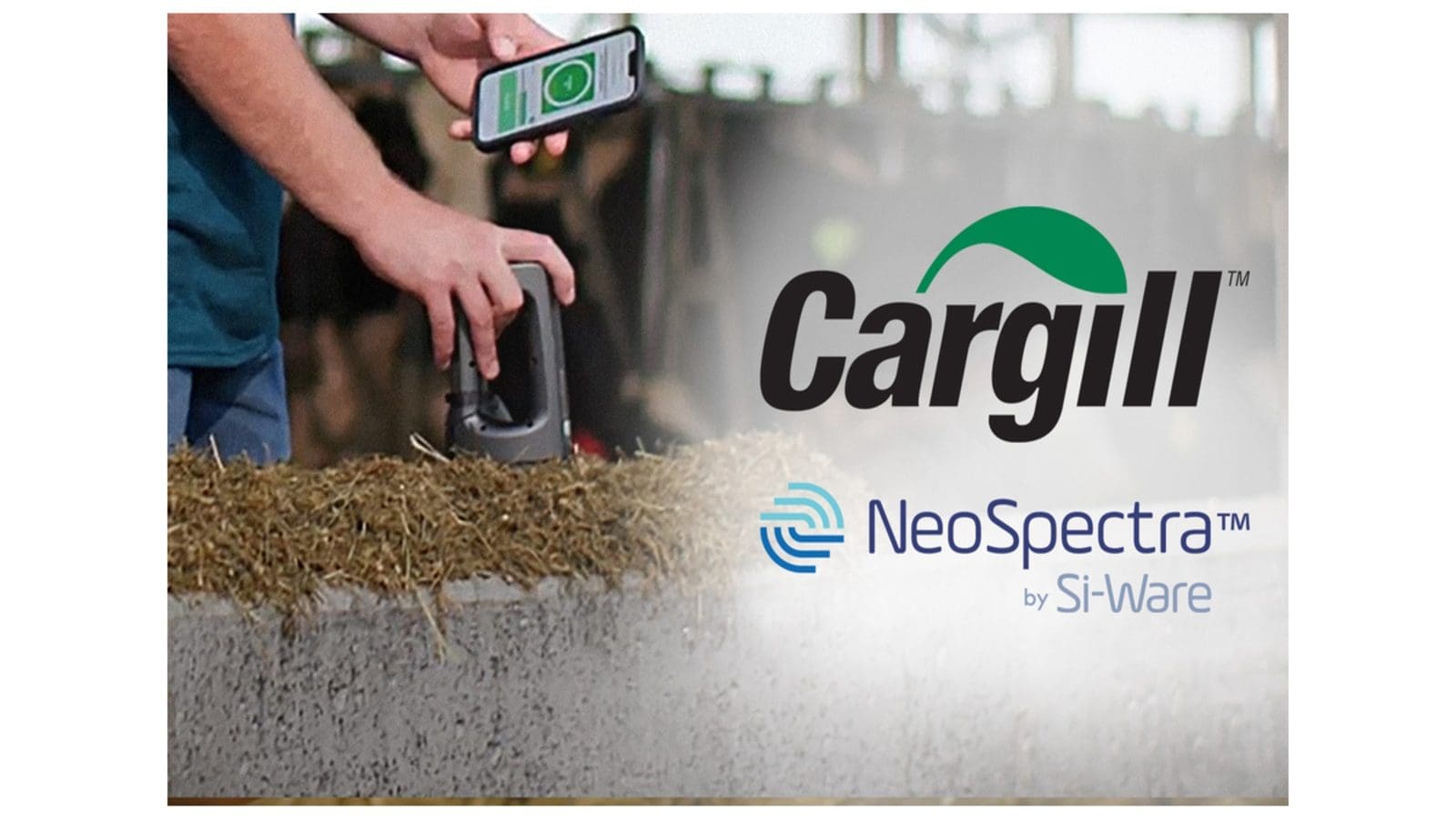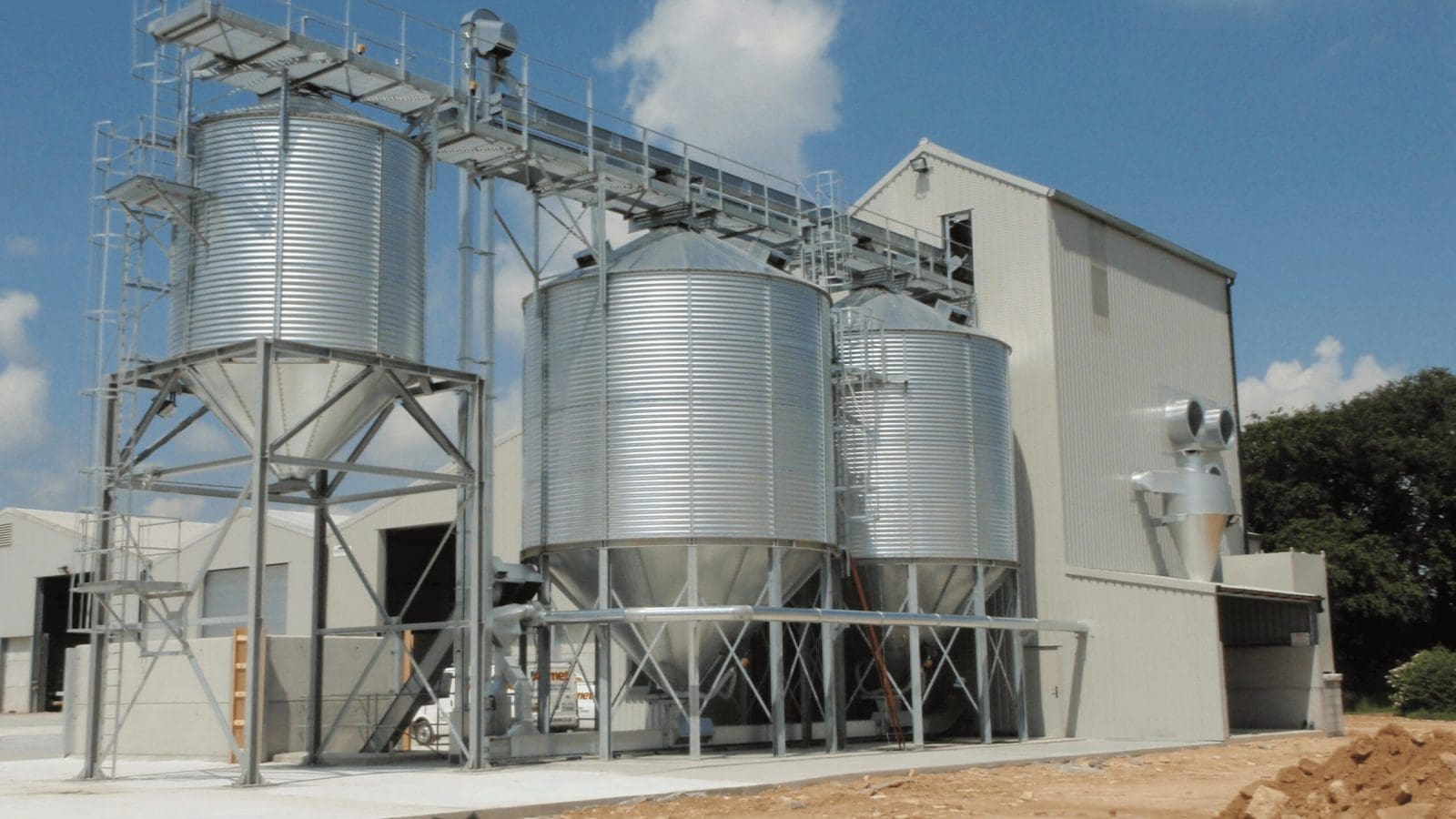CANADA – Grupo Bimbo, has appointed Marie-Eve Royer to succeed Joseph McCarthy as the new president of its Canadian business unit.
McCarthy transitions to a newly created role at Bimbo Bakeries USA after five years of leading Bimbo Canada.
“Marie-Eve is a visionary leader with an outstanding track record leading large, complex projects through periods of change and transformation,” said Mark Bendix, the executive vice president of Bimbo
“This, combined with her deep understanding of our business gained through her decades-long tenure, makes her the ideal person to lead Bimbo Canada into the future,” Mark added.
Royer holds a bachelor’s degree in commerce from McGill University. Royer began her career with Maple Leaf Foods, which Bimbo snapped up in 2014, in the Leadership Trainee Program.
She advanced to hold leadership roles in commercial strategy, supply chain, marketing, sales, and food service in Canada and the United Kingdom.
“We have been a part of Canadian meals for more than 100 years. Our products, which are sold under well-loved brands like Dempster’s, Villaggio, Vachon and Takis, are enjoyed across the country. This is something I take enormous pride in,” Royer said.
Supplier partnerships key to net zero
Meanwhile, Grupo Bimbo is seeking partnerships with its suppliers in an effort to achieve ts net zero carbon emissions by 2050.
The company recently organized a global Vendors Meeting in Mexico City where Karyn Pinto, senior global sustainable sourcing manager at Bimbo highlighted the key role suppliers played in the company’s net zero ambition.
“Suppliers are front and center in plans of Grupo Bimbo SAB de CV to achieve corporate sustainability objectives,” Pinto said,
According to Pinto, the company is currently responsible for about 10 million tonnes of carbon dioxide per year, adding that half of the total comes from agriculture.
She added that Grupo Bimbo has the power to effect systemic change in this space through the adoption of regenerative agriculture, a system of agricultural production that prioritizes the environment and increase the biodiversity in the soil and enhance the communities.
By 2025, the company is determined to have a program fully in place and positioned for scaling up with a target of 200,000 hectares enrolled in RA programs by 2030.
“When I talk about target … net zero, that’s part of why we want to engage in RA.That’s not really the main goal, ” said Pinto.
“The main goal is to help food security not only for our generation but for generations to come. Some practices that used to be generally accepted in many parts of the world are not going to get us there.”
For all the latest food industry news from Africa and the World, subscribe to our NEWSLETTER, follow us on Twitter and LinkedIn, like us on Facebook and subscribe to our YouTube channel










